
Here in the Northeast, rocks are just a part of gardening life, and even if you are raising vegetables in an old garden (one that’s been well tended for decades), there will still be some rocks in the soil. You (as well as the tines on your pitchfork) can’t help but encounter them. However, there are still plenty of vegetables that you can grow well in these conditions. Here are some of them.
Vegetables That Grow Well in Rocky Soil

Potatoes
It should be no surprise that potatoes are a natural choice for rocky or stony clay soil. Think of Ireland—a landscape that looks very much like our northeastern farmland where meadows and fields are lined with rock walls filled with stones removed from the soil. Potatoes also love our acidic northeastern soil. Just be sure to add plenty of compost, as any rocky soil will benefit from an annual refresh with compost—especially one made from leaves.

Vining crops: Squash, pumpkins, and cucumbers
Anything that grows on a vine is another good choice for rocky soil. Vines have roots that can navigate around smaller rocks and stones. If you have some large rocks like glacial erratics or boulders that cannot be removed—no problem. The roots of these vining plants will not only navigate around or over them, but the rocks will provide added warmth to the soil in spring as well as aid in keeping the foliage dry, possibly delaying the inevitable fungal diseases these plants suffer from later in the season.

Tomatoes, peppers, and greens
Nearly any vegetable that produces edible leaves—spinach, Swiss chard, or lettuce, as well as those that are grown to develop fruit, such as tomatoes and peppers—can grow well in rocky soil. Amending soil with plenty of organic matter will help these heavy feeders, so rather than removing rocks every spring, focus on adding more leaves to your compost pile. It will be your secret weapon for years to come.
Vegetables That Don’t Grow Well in Rocky Soil
There are also vegetables you’ll want to avoid growing in rocky soil—namely, those that should have long, straight roots, like carrots, parsnips, or horseradish. Rocky soil interferes with primary taproot growth and produces strange, twisted roots at best. Still, there are options when it comes to root crops. Various carrots form rounded, globe-shaped roots (like ‘Atlas’) that will grow fine in stony soil. Consider planting other rounded-root crops such as radishes, turnips, or rutabaga.

For more information on veggie gardening in the Northeast, check out:
- 4 Iconic Southern Vegetables to Grow in Your Northern Garden
- How to Grow Bottle Gourds
- Growing Artichokes in the Northeast
And for more Northeast regional reports, click here.
—Matt Mattus is the author of two books: Mastering the Art of Flower Gardening and Mastering the Art of Vegetable Gardening. He gardens in Worcester, Massachusetts.
Photos, unless otherwise noted: Matt Mattus



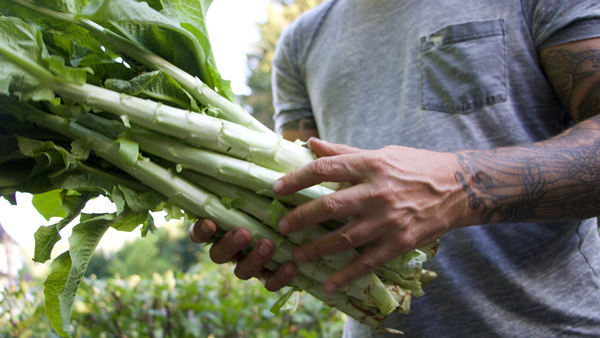
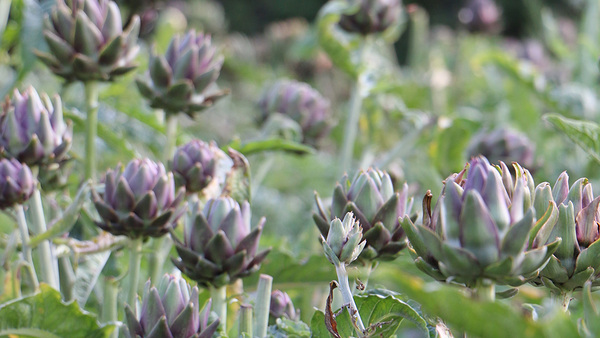

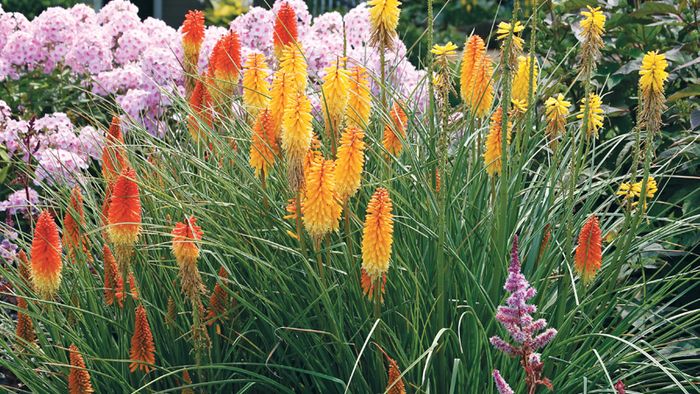
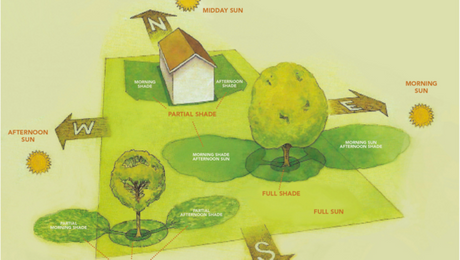
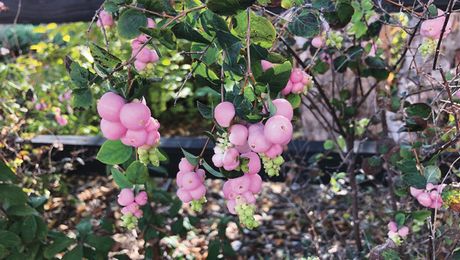

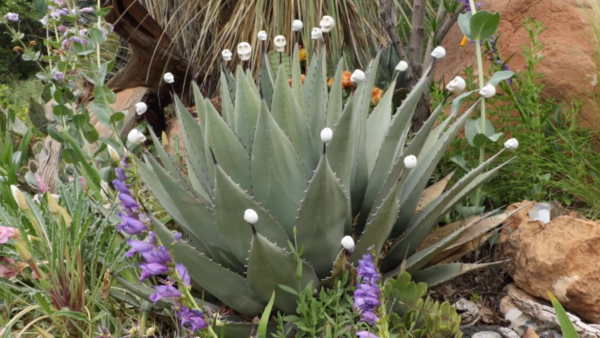
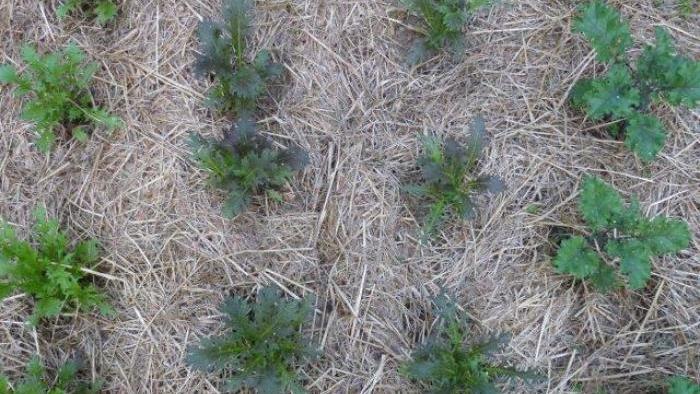






Comments
Log in or create an account to post a comment.
Sign up Log in